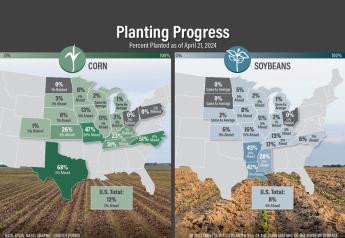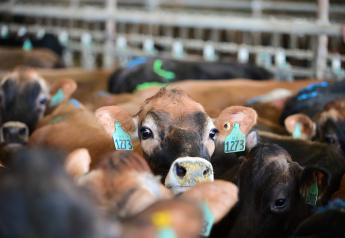Protocols on the Dairy Farm for Beef Quality

Demonstrating quality animal care practices, assuring food safety, quality and value, as well as enhancing consumer confidence in the milk and beef products that are produced from dairy cattle are the building blocks of quality assurance programs like Dairy Animal Care and Quality Assurance (DACQA) and Farmers Assuring Responsible Management (F.A.R.M.). Dairy cattle produce two products: milk and beef. Beef products come from both market cows and bulls or steers raised for the beef supply versus milk for various dairy products coming primarily from milk cows. Dairymen should be cognizant of daily management practices that impact beef and dairy products reaching the public’s dinner plate and develop written protocols to minimize the risk of negatively impacting quality and safety.
Dairymen may consider creating written protocols for the following on-farm practices:
- Calving procedures and calf processing
- Herd health plan with appropriate treatments of potential diseases
- Hoof trimming procedures
- Proper medicine and vaccine handling
- Proper injection methods and needle/syringe care
- Proper record keeping for treatments that include withdrawal time clearance
- Employee training on all farm tasks
- Tracking body condition score along with proactive actions for thin animals
- Tracking lameness and hock lesions along with proactive actions for minimizing cases
- Timely culling procedures and person responsible for the decisions
- Euthanasia procedures and person responsible
- Biosecurity program outlining such things as quarantine of new animals and visitor policy
- Feed sampling procedures
- Transportation procedures and trailer/vehicle maintenance schedules
These on-farm best management practices allow dairymen to minimize the risk of milk or meat having residues or defects. Understanding the critical control points that occur and having written protocols in place of how to handle each procedure will help all employees to perform tasks effectively. Written farm-specific protocols for procedures affecting milk and meat quality creates consistency in the way tasks and records are completed. Written protocols can aid in the employee training process. If managers have clearly written instructions on how tasks should be performed, and each employee receives a copy of the instructions in their native language, then managers can maintain daily consistency despite times of employee turnover. When protocols are written down, the documents can be referenced if problems arise, providing guidance and re-training of employees.Maintaining written protocols is also an important part of the DACQA and F.A.R.M. programs. Complying with the various dairy industry quality assurance programs sends a positive message to the public about the integrity of each animal caretaker involved in producing safe, high quality dairy products and beef. Animal caretakers are responsible for the daily care and well-being of many animals. Every animal is a valuable economic asset to the farm and the food supply, so the importance of having written farm-specific protocols is strongly considered for consistent daily care and record keeping.
Source: SDSU Extension







